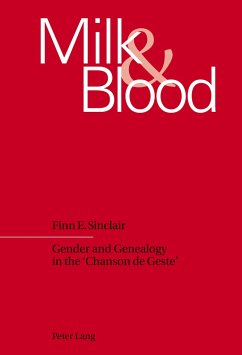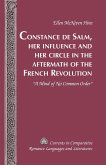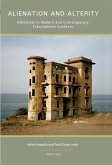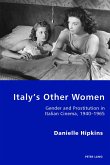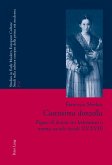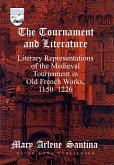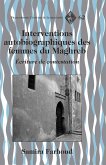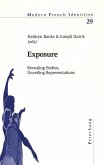This wide-ranging and provocative study focuses on the importance of the mother in the genealogical and social frameworks of the Old French and Occitan chanson de geste. The masculine dominance of these narratives of warfare and conflict is questioned, reassessed, and redefined, as the complexity and significance of the maternal character is revealed through the study of a contrasting range of epic texts, with Raoul de Cambrai providing a key focus.
The study draws upon medieval theological and scientific doctrine and modern psychoanalytic and feminist theory, especially the works of Luce Irigaray, Julia Kristeva, and Jaques Lacan, to illuminate the tensions and ambiguities consistently inherent in the perception of the mother and the maternal body.
Authority, continuation, violence, and death are key topics, revealing the problematic nature of gender roles and their relation to the structures of power that shape both medieval society and epic narrative.
The study draws upon medieval theological and scientific doctrine and modern psychoanalytic and feminist theory, especially the works of Luce Irigaray, Julia Kristeva, and Jaques Lacan, to illuminate the tensions and ambiguities consistently inherent in the perception of the mother and the maternal body.
Authority, continuation, violence, and death are key topics, revealing the problematic nature of gender roles and their relation to the structures of power that shape both medieval society and epic narrative.

